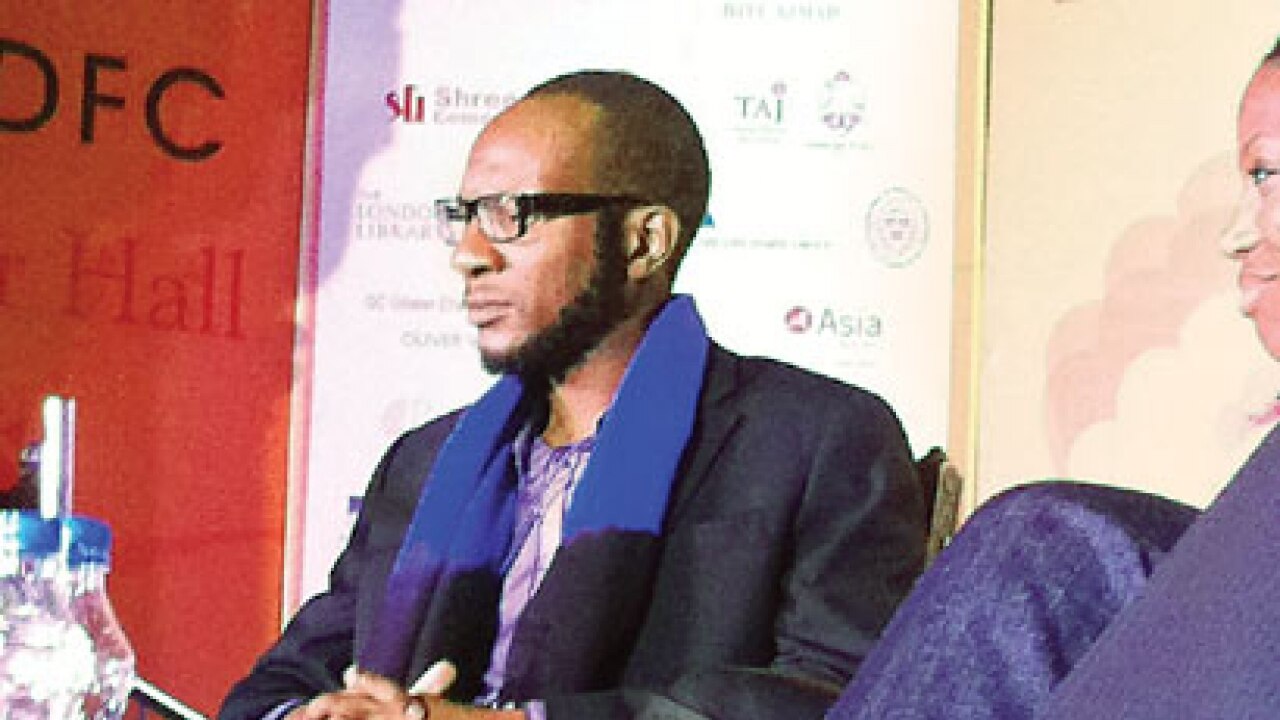
Teju Cole has a sharp look, like he doesn’t miss a thing. Yet the 36-year-old author of 2011’s critically-acclaimed, bestselling novel Open City seemed genuinely surprised at the enthusiastic reception he received at the Jaipur Literature Festival. Excerpts from an interview:
Are you daunted by the success of your first book?
No. I’m very happy that the book has done well. But ultimately, when you look at it, the world of literary fiction and writing novels is actually quite a small one. It’s not like being a movie star or even being a rock musician. So among the world of people who even read these kinds of books, there has been lots of very nice conversation about my book. So it’s not like I’m walking down the street in Brooklyn and people are asking for my autograph. So it’s been a manageable form of sort-of success. My priority really is to make sure that I keep giving time to my writing so that my future books are better.
The thing about Open City was that it was very different from most other literature in terms of form, structure and content. How will your next book be different?
The way that I got this book to be what it was, was that I tried to write it with a sense of absolute freedom. I wrote the book I wanted to write without worrying about whether it would be commercially successful or whether critics would like it. I will take the same attitude to whatever my next project is. And just write absolutely freely with the openness to write what I have to write. I think that’s what I have to offer readers: a freedom from genre, convention. My next book is not going to be a novel. It will actually not be competing with this one at all. It will be a nonfiction work on Lagos, Nigeria.
Which identity do you have a stronger connect with: being a New Yorker or being a Nigerian?
I connect very, very strongly with both because half my life has been spent in Nigeria and the other half in New York. I was in Nigeria for all of my childhood, and in New York for most of my adult life. So I really belong to both places. I speak and write in American English and I speak Nigerian languages as well, so linguistically and culturally I belong to both. I feel that not everything has to be simple and straightforward. I don’t really feel like I have to choose, I don’t have to belong to only one because I’m both things. And they both form the kind of writing I do and the art that I make. If someone wants to call me a Nigerian-American, that’s fine. It’s also fine if they want to call me an American-Nigerian, or a Nigerian or an American. It’s all a part of me as a writer. I’m also connected to India because my wife is Indian. She is from Goa.
How do you connect with India?
I love being in India. It’s very interesting. It sort of reminds me of being in Nigeria — it’s Anglophone, post-colonial in that sense, a modern society that’s trying to deal with how to maintain traditions. It’s a pluralistic society like Nigeria.
What’s more lucrative — writing or photography?
Neither. There are very, very narrow paths you have to go through to even make a living. Especially when doing art that is not commercial. So most of us who are writers have to teach also — that kind of thing. What’s really lucrative is becoming a banker. With a first degree in Economics, go to work for Morgan Stanley. You’ll make three times as much as a writer. That’s just the way the economy works. Speaking of lucrative, there are truck drivers who make more than writers.
You say you aren’t bound by form and writer freely. How do you react to censorship of writers and writing?
Censorship is a disaster. It has no place in any civilized society. The organisers have to be organised, but as writers, it is our duty to speak out.